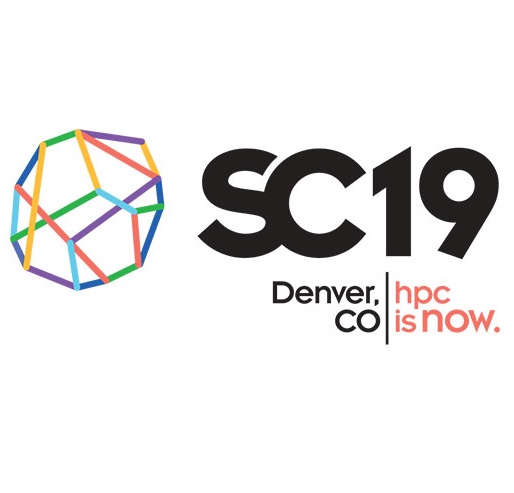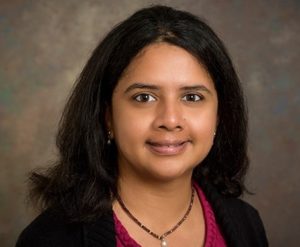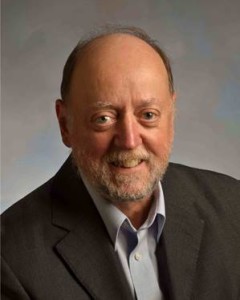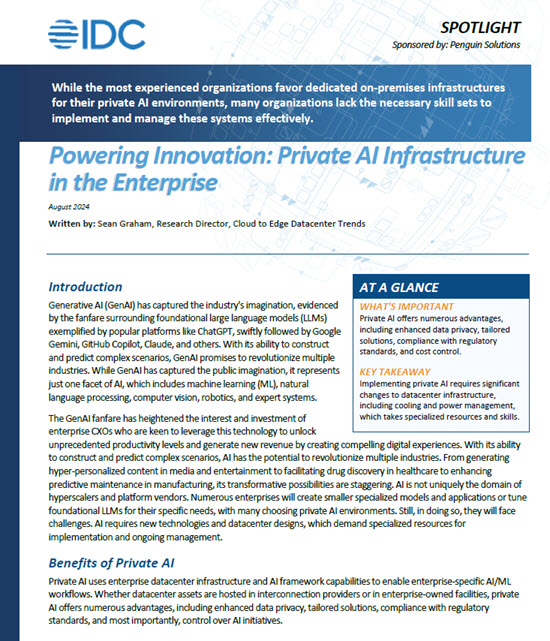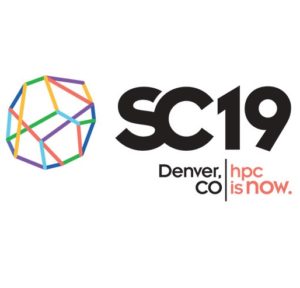 In this special guest feature, SC19 General Chair Michela Taufer catches up with Sunita and Jack Dongarra to discuss the way forward for the November conference in Denver.
In this special guest feature, SC19 General Chair Michela Taufer catches up with Sunita and Jack Dongarra to discuss the way forward for the November conference in Denver.
Michela: What caught your eye at SC18?
Sunita: When I was flying back from SC18, I kept thinking about the team that won the Gordon Bell Prize for their work on opioid addiction. It’s exciting to see how supercomputing helps scientists deal with real people and real problems, like solving illnesses and epidemics. I think those types of supercomputing applications are a huge deal for the field.
Jack: To Sunita’s point, we’re really seeing more examples of how supercomputing is impacting so many other fields. We once thought of it purely for research, but today, more than half of the TOP500 fastest supercomputers are used in an industrial setting. Industry gets it – that HPC can provide them with real competitive advantages.
Michela: Jack, you’ve been to every SC conference. How has the event evolved over the years?
Jack: Over that 31-year period, incredible changes have taken place – especially in the areas of computer speed and power. In the early days we measured performance in terms of megaflops. And now, we’re a billion times faster in terms of computing power. That has tremendous ramifications for all of humanity. Another remarkable thing is the number and diversity of attendees. In the early days, it was just researchers. Now, people participating in HPC – academics, vendors, scientists – come from every industry sector you can imagine.
Michela: Sunita, you have been attending SC for almost a decade now. What are the biggest changes you’ve noticed?
Sunita: SC has helped change my focus on what I do. For a long time, I was only developing software. But meeting and talking to scientists, nuclear physicists, and biologists at SC is very important for a computer scientist like me. Over the years, those discussions have really opened my eyes to this fact: Before you spend time creating computer science tools, you need to spend time considering who is going to use your tools.
Michela: Where do you see HPC heading in the future? What excites you about its evolution?
Jack: One of the changes I’m seeing is the development and use of machine learning in scientific computing, which is changing how we can quickly resolve approximate solutions and then use conventional methods to compute a more accurate solution to many problems. It affects biology, drug design, materials, high-energy physics, etc. By augmenting our models and our ability to do simulation, HPC enables us to understand and do things so much faster than we could in the past – and it will only get better in the future.
Sunita: The interdisciplinary nature of HPC is really exciting for me. Look what we’re working on: Predicting tsunamis with more precision, to save more lives. More advanced notifications of forest fires. Exploring treatments for Alzheimer’s disease. All sorts of life-saving scientific discoveries.
When scientists are able to tell us what they need, and we are able to build systems that they can use to improve their work, it’s magical.
SC19 takes place Nov 18-21 in Denver.

